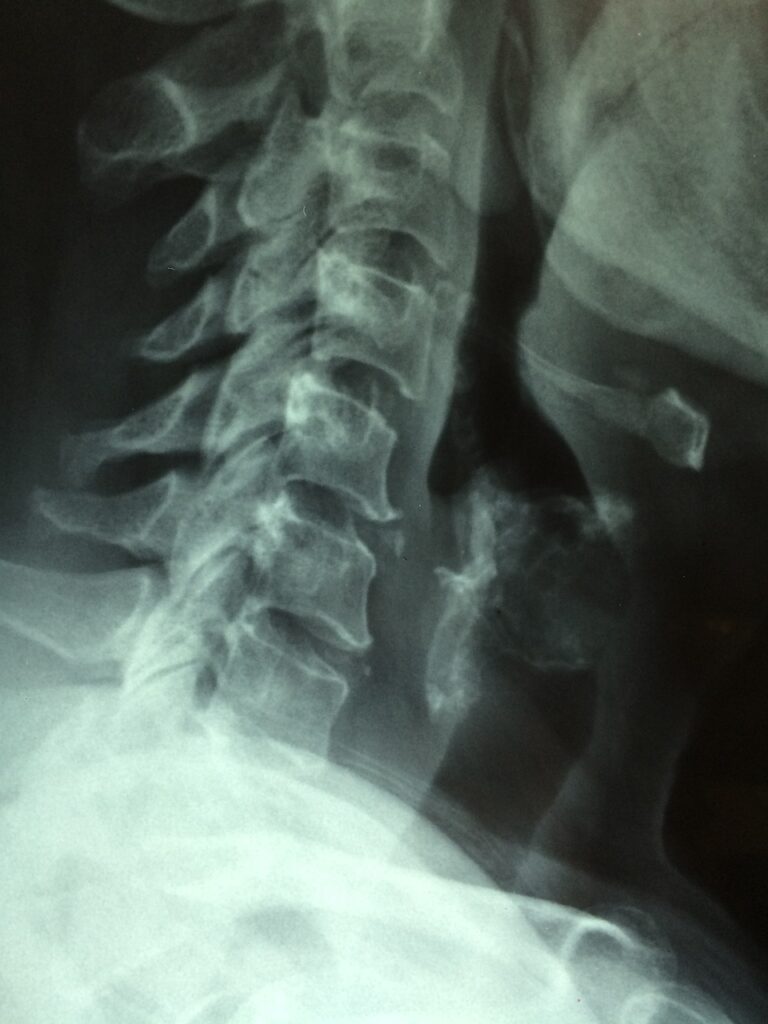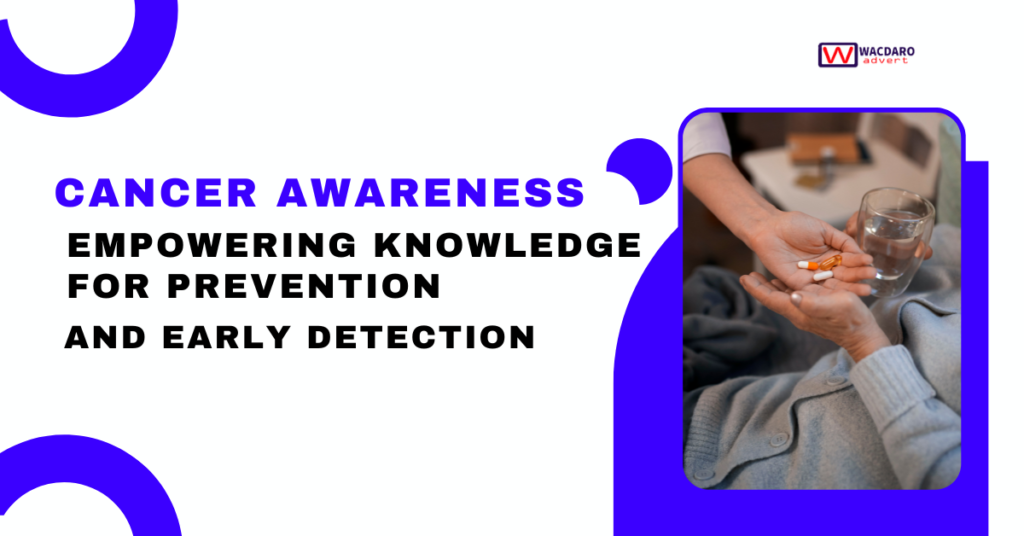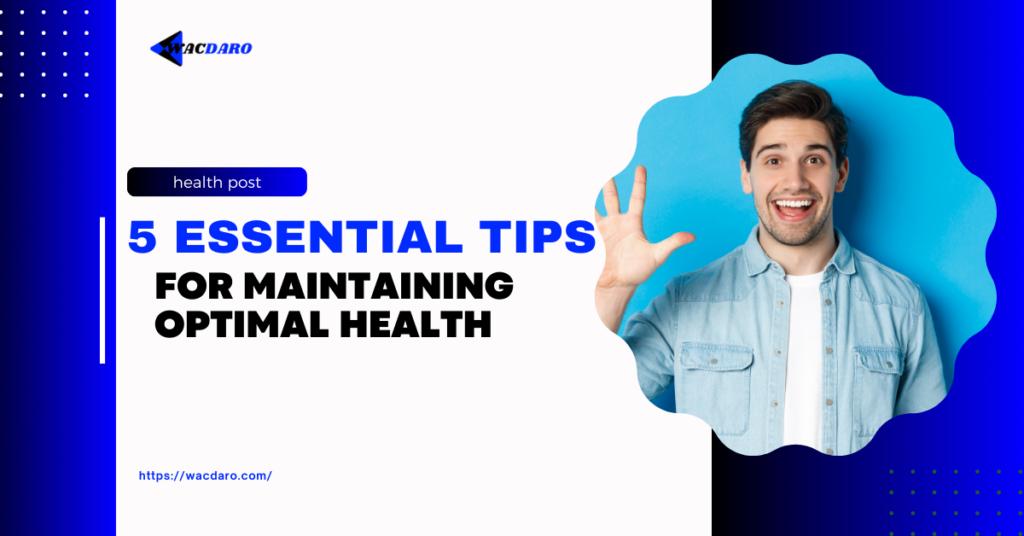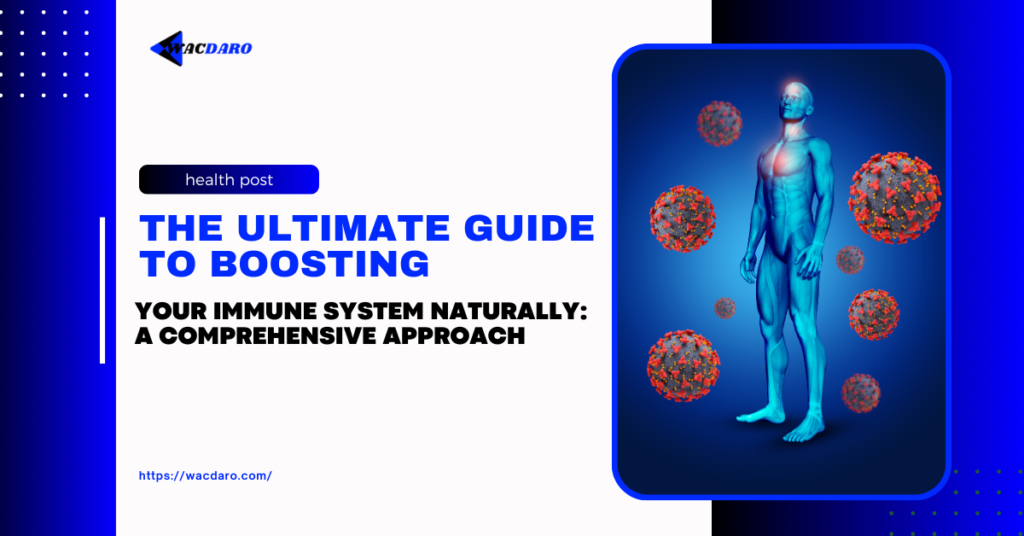Cancer is a global health challenge affecting millions of lives. However, with increased awareness and early detection, the impact of cancer can be reduced significantly. In this blog post, we delve into the importance of cancer awareness, focusing on prevention strategies and early detection methods. By understanding risk factors, adopting healthy lifestyle choices, recognizing common warning signs, and being proactive about screenings, individuals can empower themselves with knowledge to prevent cancer or catch it at an early stage when treatment outcomes are often more favorable.
Understanding Cancer: Types, Causes, and Risk Factors
To raise cancer awareness, it is crucial to provide a foundation of knowledge about the disease. This section explores different types of cancer, their causes, and common risk factors. By understanding the link between certain behaviors, environmental factors, and cancer development, readers can make informed decisions to minimize their risk. It emphasizes the importance of tobacco control, healthy eating, exercise, sun protection, and vaccination against cancer-causing viruses.

Early Warning Signs and Symptoms: Listen to Your Body
Recognizing potential warning signs of cancer can lead to early detection and prompt medical attention. This section highlights common symptoms associated with various types of cancer, such as unexplained weight loss, persistent pain, changes in bowel or bladder habits, unusual bleeding, and skin changes. By encouraging individuals to listen to their bodies, seek medical advice for persistent symptoms, and undergo appropriate diagnostic tests, the chances of early detection and successful treatment can be greatly improved.
Screening Guidelines: The Importance of Regular Check-ups
Regular cancer screenings are instrumental in detecting cancer before symptoms manifest. This section discusses recommended screening guidelines for common cancers, such as breast, cervical, colorectal, and prostate cancer. It emphasizes the benefits of early detection, outlines screening methods, and provides information on age-specific guidelines. Additionally, it addresses common concerns and misconceptions surrounding screenings, encouraging readers to have open discussions with their healthcare providers.
Genetic Testing and Counseling: Assessing Inherited Cancer Risk
Genetic testing can help individuals understand their inherited risk of developing certain types of cancer. This section explores the significance of genetic testing and counseling, particularly for individuals with a family history of cancer or specific genetic mutations. It explains the process of genetic testing, the role of genetic counselors, and the implications of test results. By informing readers about genetic testing options, they can make informed decisions regarding risk management and prevention strategies.
It emphasizes the benefits of early detection, outlines screening methods, and provides information on age-specific guidelines. Additionally, it addresses common concerns and misconceptions surrounding screenings, encouraging readers to have open discussions with their healthcare providers.
Community Education and Support: Spreading Awareness
Raising cancer awareness extends beyond individual efforts. This section emphasizes the importance of community education initiatives, support networks, and advocacy organizations. It highlights the role of awareness campaigns, educational resources, and community events in disseminating information, promoting healthy behaviors, and supporting individuals affected by cancer. By getting involved in these initiatives, readers can contribute to a larger movement aimed at reducing the burden of cancer.

Cancer Conclusion
awareness is a powerful tool in the fight against the disease. By providing individuals with knowledge about prevention strategies, early detection methods, and available resources, we can empower them to take charge of their health. Through adopting healthy lifestyles, recognizing warning signs, undergoing regular screenings, and seeking appropriate genetic counseling, individuals can play an active role in preventing or catching it at its earliest and most treatable stages. Let us join forces, spread awareness, and work together to create a future where cancer is prevented, detected early, and ultimately defeated.



